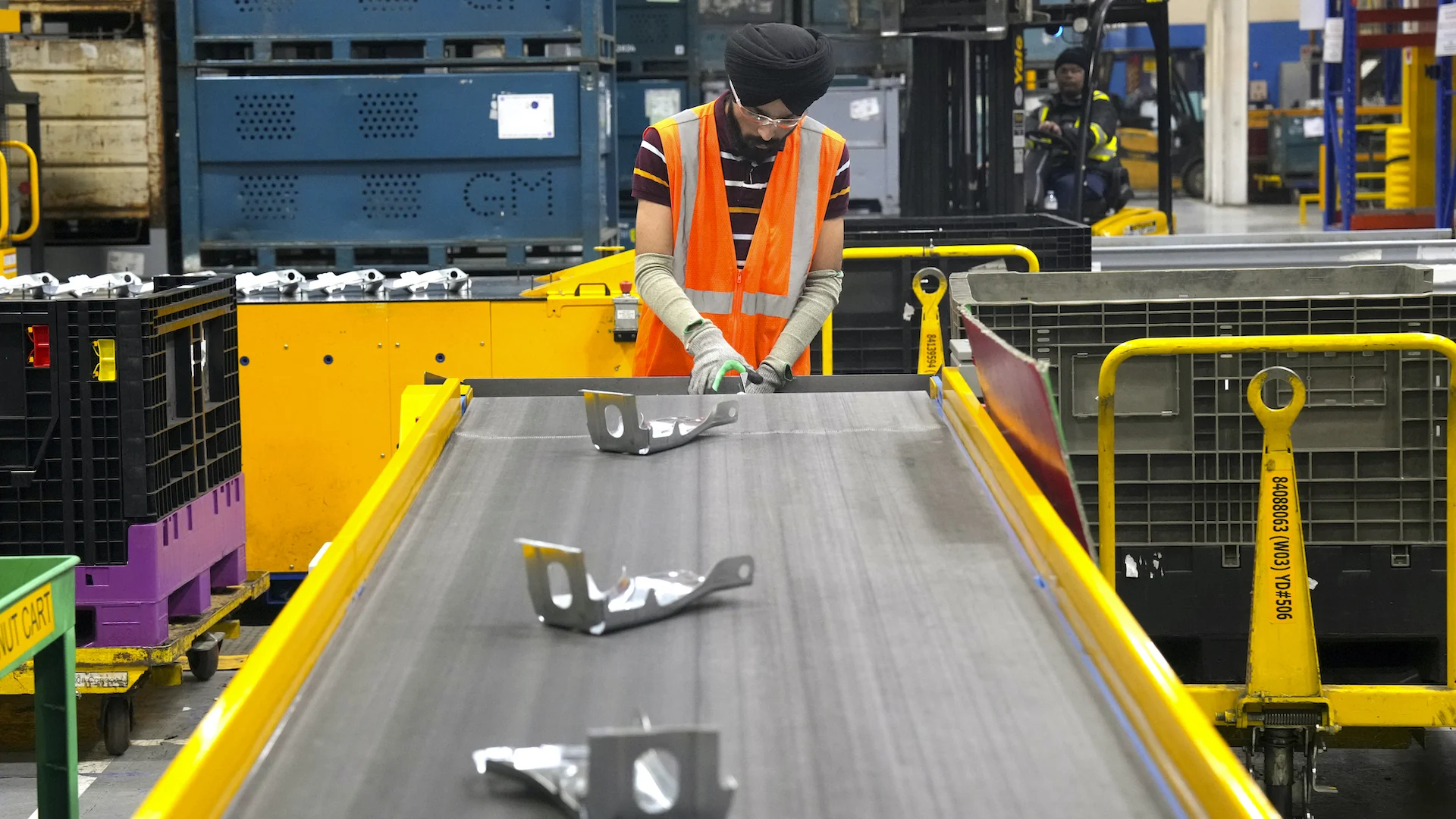How to Prepare Your Company Against Rising Inflation

Inflation appears to be low, why should I worry about rising inflation? Ask an average Australian consumer and they’ll say prices seem to be rising faster. The nasty part is in the details. Between 2012 – 2019, discretionary prices excluding tobacco rose 6.4. Contrast this 14.8{ae9868201ea352e02dded42c9f03788806ac4deebecf3e725332939dc9b357ad} price increase of non-discretionary items.
Why should I care? If your offerings are on the non-discretionary side, you’re in a better position to raise prices. This also means you have more competitors and lower margins. If you’re on the discretionary column, hopefully, you have better margins to absorb cost increases. The downside, you’re on the chopping block of cost-cutting households.
So while CPI is apparently low, you’re in a good position to prepare your company for higher inflation. Below are some points to consider to protect your company against rising costs.
Rent
A period of benign inflation is the best time to negotiate lease contracts. Competition is tight between landlords and the lower prices can be due to more empty spaces. You’ll have more leverage to bargain for long-term leases.
Assets
To hedge against inflation, a common recommendation is to convert cash to hard assets. But these are easier decisions for individuals, not companies.
The shield against rising rent is to own the space you are using. If land value is peanuts to your overall assets, feel free to do so. However, purchasing properties is not an option for all. The areas with high commercial traffic are not likely to have spaces for sale, malls included. Taking on loans to buy real estate means adding more fixed costs without added revenues. And when things get tough, land or building is not easy to convert back to cash. Maybe the money is better spent on marketing, product development or on equipment.
Splurging on other tangible assets such as inventory, equipment and transport fleets have their own concerns too. They suffer depreciation and obsolescence, require maintenance and management. Not a wise bet against inflation but could be a solution for better efficiency.
Alternative is to have fund managers handle your cash and cash equivalents. They have the knowledge and experience to preserve and increase the value of your monetary assets. The funds are easy to access during difficult times. Work with multiple financial managers to compare performance and reduce risks. And when new business opportunities arise, you’ll have the money to invest outright.
Analysing Data
Mom and pop shops are hands on. They manage the actual expenses and see the daily revenues. The direct interactions with neighbourhood customers give the insights needed. They would know whether reduced value or increased price is the answer to inflation.
The same is not true for managers of bigger companies. They rely on data provided by supervisors and front line personnel. The information can be inaccurate or incomplete. The numbers have to be matched with the bigger picture of market information and macroeconomic trends. If your company doesn’t have an in-house analytics team, consider employing data analysis services.
Improved Product and End-user Experience
In times of rising inflation, it’s hard to fight competitors whose value proposition is lower price (and quality). Maybe you don’t want to be in their position. Unless they have better production techniques, their margins are pretty narrow. With rising inflation, any unexpected events and the tables could flip.
If you feel you have better offerings, encourage your customers to maximise the benefits. Modern technology provides many channels for you to engage them. Teach them how to use your products or fully enjoy the facilities you provide. Good end-user experience gets customers to commit to your brand. With their trust in your name, you can reduce the budget for expensive product launches. There will be less need for price cuts to generate sales. You can make small incremental price increases and you’ll receive fewer complaints. Gaining customer’s trust is the best hedge against inflation.




